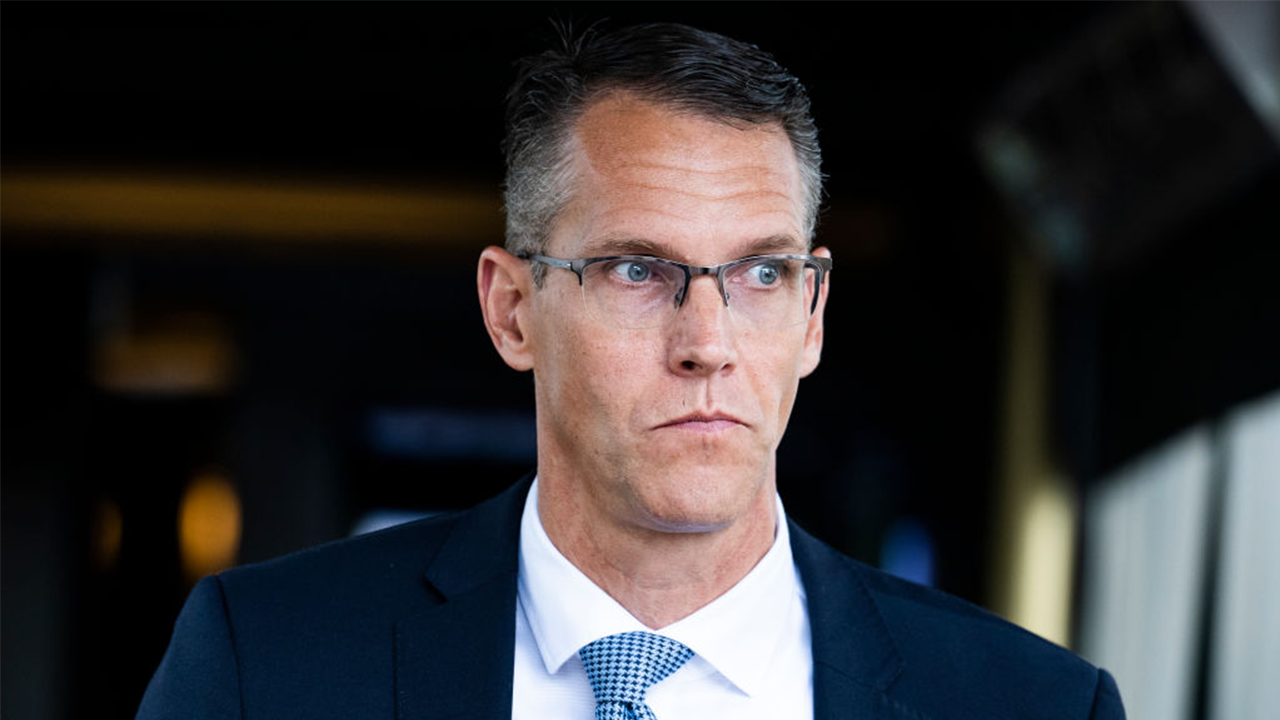Health
How Multiple Warnings About a Killer Nurse Went Unheeded

It was June 2016, and almost a year had passed since Stephen Brearey, the lead doctor at a neonatal unit in northwest England, first became concerned about a spate of troubling and unexpected deaths on his ward.
Five babies had died, and at least six others had experienced unusual complications. The neonatal ward at the Countess of Chester Hospital cared for premature and vulnerable babies, but the number of deaths was far above average for the unit. Something was desperately wrong.
Then, in the early evening of June 23, a baby boy — one of a set of newborn triplets — suddenly became sick and died. The following night, as the parents were still reeling, another of the triplets died.
The infants had been in the care of Lucy Letby, a seemingly conscientious and well-liked nurse. Dr. Brearey had noticed that she was present in every other suspicious case and raised that fact multiple times with executives, but he felt his concerns were dismissed.
After the second triplet died, he phoned a hospital executive and demanded that Ms. Letby be removed from the ward. The executive said there was no clear evidence against the nurse and insisted she was safe to work with, Dr. Brearey later told a court.
It would be another week before Ms. Letby, now considered the most prolific killer of children in modern British history, was moved to clerical duties, and months before the hospital’s senior managers contacted the police.
She was finally convicted last week of killing those boys by injecting air into their bodies, murdering five other babies and attempting to murder six others in her care.
The harrowing case has not only horrified the nation but raised profound questions about the workplace culture that allowed her to continue working, even after doctors raised alarms.
Since the trial, clinicians who worked alongside Ms. Letby have spoken out, describing a culture of hostility toward whistle-blowers and a fear of scandal that they say meant their alerts were ignored.
The hospital delayed contacting the police.
In England, hospitals that are part of the National Health Service, or NHS, are operated by individual trusts that have their own management teams. The Countess of Chester Hospital Foundation Trust did not contact the Cheshire Constabulary, the police force responsible for the area, until early May 2017, a year and a half after doctors first began reporting their suspicions.
During the trial, the court heard that a number of pediatricians who worked alongside Ms. Letby, 33, including Dr. Brearey, had repeatedly alerted hospital executives to their concerns about the nurse.
Dr. John Gibbs, who worked in the department, told Channel 4 news that there had been “resistance on the senior management side to involving the police, but I don’t know quite why.” He added, “We pediatricians were certainly concerned that someone — and suspicions fell on Lucy Letby — could have been harming and perhaps killing patients on the unit.”
After Ms. Letby left the unit, she began a grievance case against the hospital, claiming she was being victimized. In January 2017, some of the doctors were made to apologize to the nurse and asked to attend mediation sessions, including Dr. Brearey and Dr. Ravi Jayaram, a pediatrician at the hospital for nearly two decades.
Dr. Jayaram had spoken up about Ms. Letby as early as October 2015 and recently told ITV he believed “babies could have been saved” if the situation had been reported to the police earlier.
“There are things that need to come out about why it took several months from concerns being raised to the top brass before any action was taken to protect babies,” Dr. Jayaram said in a statement on Facebook on Friday, “and why from that time it then took almost a year for those highly paid senior managers to allow the police to be involved.” He declined an interview request from The New York Times.
The case highlights a problematic culture in the health service, experts say.
Medical professionals say the fact that the trust failed to involve the police sooner underlines a broader failing in the NHS. Rob Behrens, an ombudsman who investigates complaints about government departments and the health service in England, said the trial revealed how, for too long, nobody listened despite repeated alarms.
Mr. Behrens was clear that the type of intentional killing seen in Ms. Letby’s case was extremely rare in the health service. But he said that senior managers’ ignoring warnings was “depressingly familiar.”
“I see this time and time again in the cases I investigate,” he said, noting that a number of independent reports in recent years pointed to a defensive culture and hostility to those who disclosed safety issues.
Dr. Claudia Paoloni, an executive member of the hospital doctors’ union in Britain, said that the case followed a longtime pattern in which whistle-blower clinicians were ignored or victimized.
“Every single trust should be reviewing their existing systems to make sure they are robust and effective,” she said.
Dr. Jayaram said in his Facebook statement that there was a long history of whistle-blowers in the NHS, “not only being ignored but then being portrayed as the problem, sometimes to the point of their careers being destroyed.”
“What happened here was history repeating itself,” he wrote, “but the patient-safety issue that was ignored was beyond anything that the NHS has tried previously to cover up.”
The case has prompted calls for change.
Tamlin Bolton, a lawyer at Switalskis Solicitors, is representing the families of seven babies who were victims of Ms. Letby in civil claims against the Countess of Chester trust.
“We really need to look at what was known and what the trust knew during that timeline, to know what they could have done and what they should have done with what was presented,” Ms. Bolton said.
Immediately after the Letby verdict, the British government ordered an independent inquiry “to ensure vital lessons are learned and to provide answers to the parents and families impacted.”
But many experts, and representatives of the victims’ families, said this type of inquiry would not go far enough.
Mr. Behrens, the ombudsman, sent a letter to the health secretary on Wednesday calling for the government to set up a statutory inquiry, which would compel those involved to give evidence, rather than the weaker independent inquiry, which will allow people to opt out. He also requested better protection for whistle-blowers.
“This is a critical, pivotal moment in the history of our health service,” Mr. Behrens said. “And we need to understand why patient safety is not considered as important as the reputation of the trust.”

Health
Lose Weight up to 8x Faster With a ‘Green’ Diet for Fatty Liver

Use left and right arrow keys to navigate between menu items.
Use escape to exit the menu.
Sign Up
Create a free account to access exclusive content, play games, solve puzzles, test your pop-culture knowledge and receive special offers.
Already have an account? Login
Health
FDA says ‘dangerous’ substance known as ‘gas station heroin’ poses major risk to young people
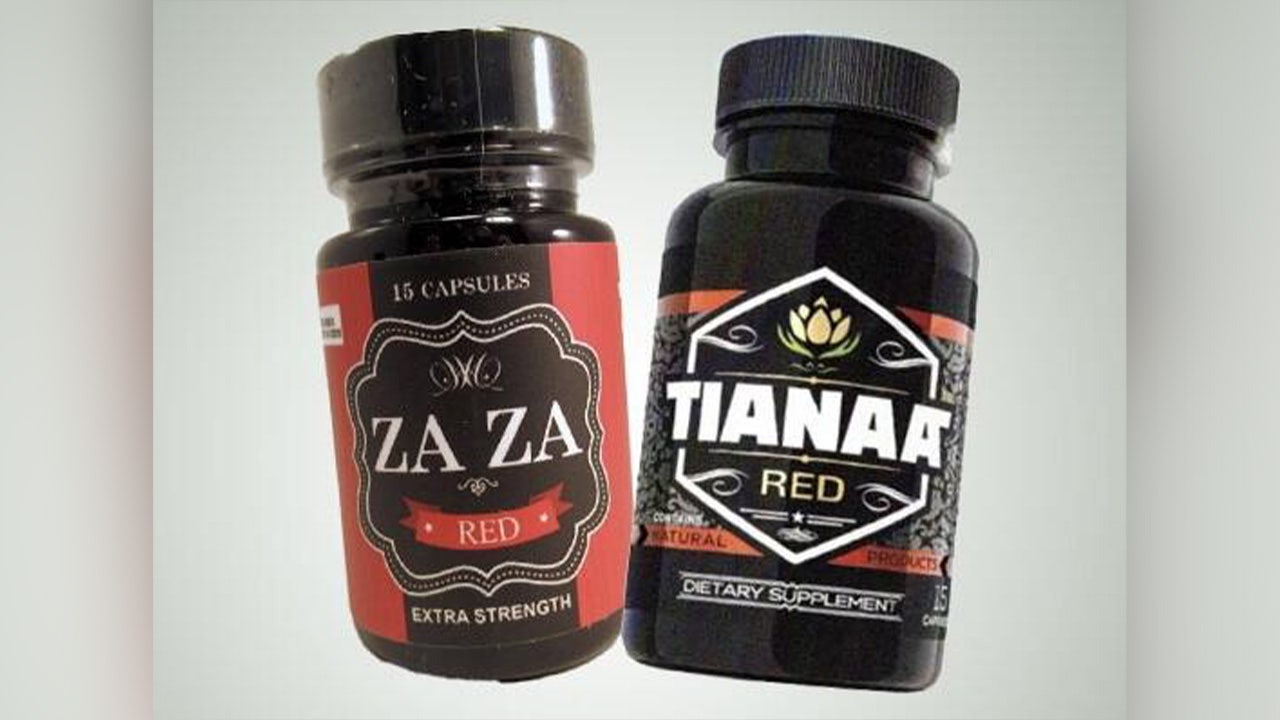
The head of the U.S. Food and Drug Administration (FDA) is sounding the alarm on a dangerous drug referred to as “gas station heroin,” that can lead to serious harm, including death.
FDA Commissioner Martin A. Makary sent a letter to his colleagues last week to draw their attention to what he called a “dangerous and growing health trend” facing the nation and young people. Makary said there is an increasing number of adverse events involving products that contain tianeptine.
Tianeptine, often called “gas station heroin,” is sold in gas stations through a variety of products, despite the drug not being approved by the FDA.
“I am very concerned,” Makary wrote. “I want the public to be especially aware of this dangerous product and the serious and continuing risk it poses to America’s youth.”
‘GAS STATION HEROIN’ IS GROWING THREAT IN NEW JERSEY, HEALTH OFFICIALS WARN: ‘DANGEROUS AND ADDICTIVE’
The “supplement” commonly goes by the brand names ZaZa or Tianna Red. (Dekalb County Sheriff’s Office)
The products are typically sold at convenience stores, gas stations, vape shops and online retailers, and go by names like Tianaa, ZaZa, Neptune’s Fix, Pegasus and TD Red.
Makary said the FDA is following the distribution and sale of products that contain tianeptine but called on his colleagues to disseminate information about the drug while appreciating the magnitude of its underlying danger.
Tianeptine is licensed and marketed in some countries as an atypical antidepressant, and in countries where it is approved, the typical labeled dose to treat depression is 12.5 mg orally, three times per day, Makary said.
When higher doses are taken, they can produce euphoria. Some countries have taken steps to restrict how tianeptine is prescribed or dispensed and have even revised the labels to warn people of its potential addiction.
TEEN DRUG OVERDOSES HIT RECORD HIGH, DRIVEN PRIMARILY BY FENTANYL POISONING, SAYS NEW REPORT
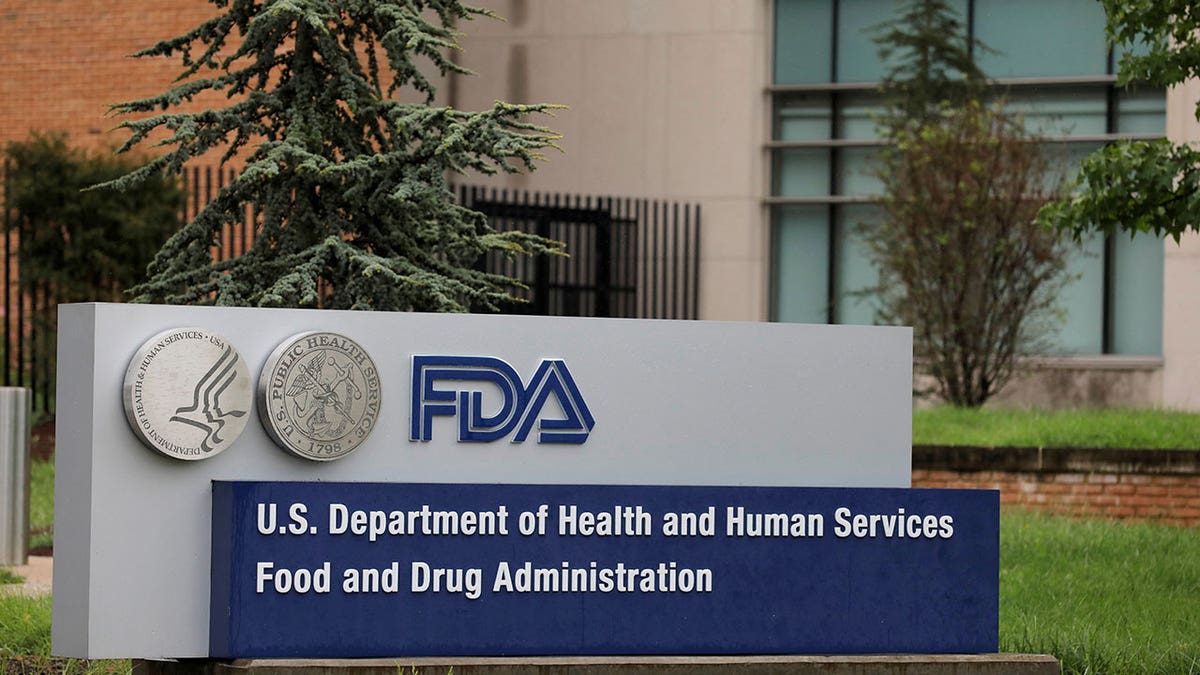
The FDA is warning about the dangers of tianeptine. (REUTERS/Andrew Kelly/File Photo)
In the U.S., though, tianeptine is not listed as part of the Controlled Substances Act.
The drug is often taken recreationally, though if stopped abruptly, users could experience withdrawal symptoms similar to those associated with opioid withdrawal – craving, sweating, diarrhea and more.
If tianeptine is ingested, Makary wrote, adverse events could include agitation, coma, confusion, death, drowsiness, hypertension, nausea, respiratory depression, sweating, tachycardia and vomiting.
Two years ago, New Jersey health officials warned that two products sold as dietary supplements in gas stations and online – Neptune’s Elixir and ZaZa Red – had caused a spike in illnesses.
WHAT IS KETAMINE, THE DRUG THAT KILLED MATTHEW PERRY ON OCTOBER 28?
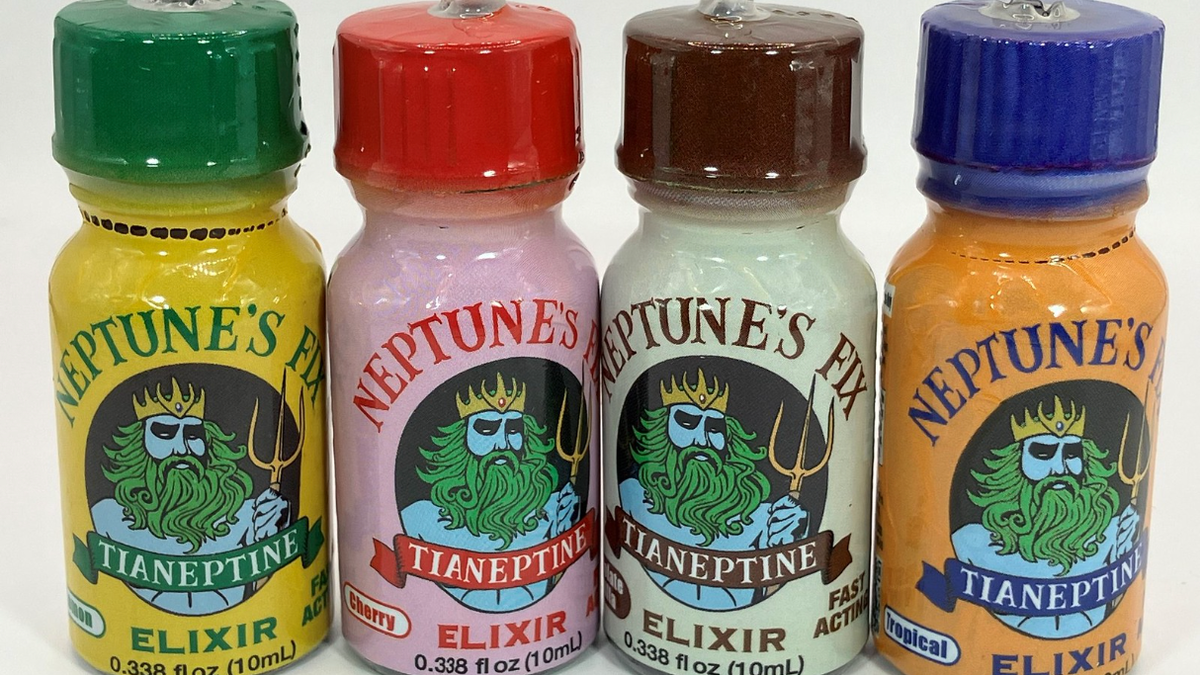
New Jersey health officials raised concerns in 2023 about Neptune’s Fix Elixir, a product containing tianeptine, after a cluster of illnesses was reported in connection with the product. (FDA’s Office of Regulatory Affairs, Health Fraud Branch)
Between June and November 2023, there were 20 reported cases of tianeptine causing “severe clinical effects” in New Jersey, as noted in a Feb. 1 alert from the U.S. Centers for Disease Control and Prevention (CDC).
In 2023, the FDA posted an alert warning of the dangers of Neptune’s Fix or any other product containing tianeptine.
“FDA has received severe adverse event reports after use of Neptune’s Fix products, including seizures and loss of consciousness leading to hospitalization,” the agency stated.
“FDA considers tianeptine to be a substance that does not meet the statutory definition of a dietary ingredient and is an unsafe food additive. The FDA is aware of several serious adverse event reports associated with tianeptine.”
On Jan. 28, 2024, Neptune Resources, LLC, the maker of Neptune’s Fix, issued a voluntary recall of its products due to the presence of tianeptine — but experts are warning that other products may also contain the drug.
Anyone who is using tianeptine or a product containing tianeptine and is experiencing withdrawal symptoms can call the National Poison Control Center at 1-800-222-1222 or seek emergency medical assistance, experts advised.
Fox News Digital’s Melissa Rudy contributed to this report.
Health
Trump Plan Would Tie Some Drug Prices to What Peer Nations Pay

President Trump will sign an executive order on Monday aimed at lowering some drug prices in the United States by aligning them with what other wealthy countries pay, he said on Truth Social on Sunday evening.
The proposal he described, which alone cannot shift federal policy, is what he calls a “most favored nation” pricing model. Mr. Trump did not provide details about which type of insurance the plan would apply to or how many drugs it would target, but he indicated that the United States should pay the lowest price among its peer countries.
“Our Country will finally be treated fairly, and our citizens Healthcare Costs will be reduced by numbers never even thought of before,” he wrote in his social media post.
Any such plan will most likely be subject to challenges in court, and it is not clear whether it will pass legal muster, especially without action by Congress.
In his first term, Mr. Trump tried unsuccessfully to enact a version of this idea for Medicare, the health insurance program that covers 68 million Americans who are over 65 or have disabilities. That plan would have applied only to 50 drugs, administered at clinics and hospitals, that are paid for by Medicare. A federal court blocked it, ruling that the administration had skipped steps in the policymaking process.
The pharmaceutical industry bitterly opposes the idea, which would almost certainly cut into its profits, and has been lobbying against it as discussions of the policy have regained steam in Washington in recent weeks. Companies have warned that such a policy would lead them to spend less on research, depriving patients of new medicines.
“Government price setting in any form is bad for American patients,” Alex Schriver, an official at the drug industry’s main lobbying group, PhRMA, said in a statement. He added, “Policymakers should focus on fixing the flaws in the U.S. system, not importing failed policies from abroad.”
Mr. Trump’s embrace of the idea sets him apart from most Republicans, who have tended to be skeptical of government price setting. Democratic lawmakers have proposed versions of the idea.
Ameet Sarpatwari, an expert in pharmaceutical policy at Harvard Medical School, said that Mr. Trump was tapping into an idea that had “populist appeal.”
Mr. Trump has long complained that the United States pays much more than other wealthy countries do for the same drugs. And he is right. In the United States, prices for brand-name drugs are three times as high, on average, as those in peer nations.
That is in spite of the fact that much of the research that leads to new drugs takes place in American laboratories and hospitals.
Drugmakers generate a substantial majority of their worldwide profits from sales in the United States and typically design their business strategy around the U.S. market.
Pharmaceutical companies argue that the higher prices in the United States come with an added benefit: Industry-funded analyses have found that patients in the United States get medicines faster, and with fewer insurance restrictions, than those in other countries.
-
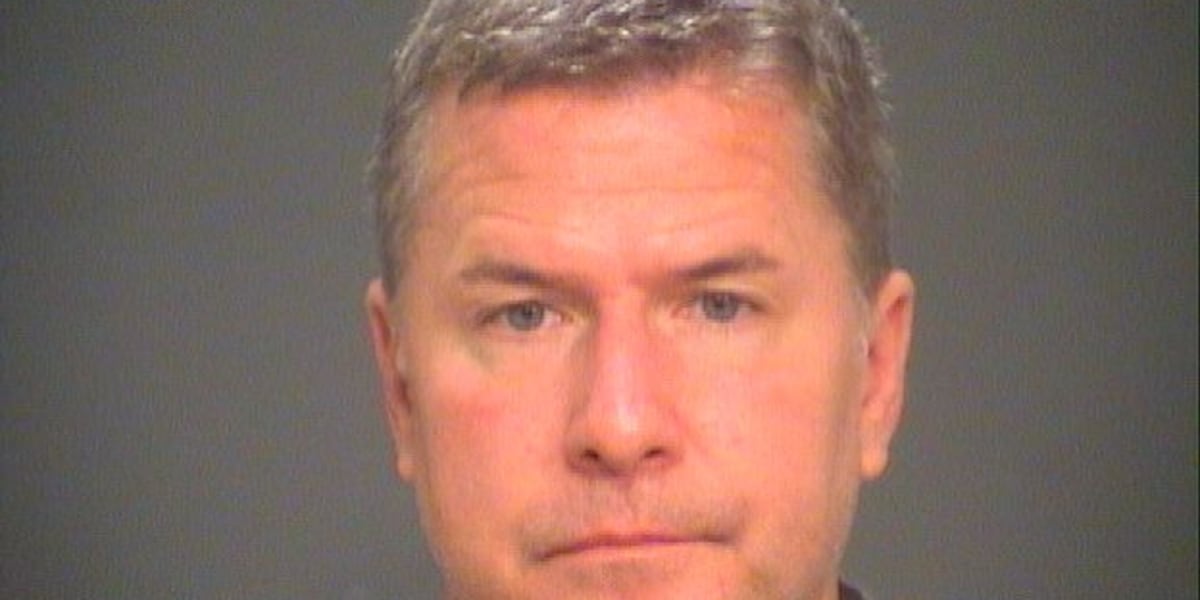
 Cleveland, OH1 week ago
Cleveland, OH1 week agoWho is Gregory Moore? Former divorce attorney charged for murder of Aliza Sherman in downtown Cleveland
-

 News1 week ago
News1 week agoFamily statement: Rodney Hinton Jr. walked out of body camera footage meeting with CPD prior to officer death
-

 Politics1 week ago
Politics1 week agoTrump posts AI image of himself as Pope amid Vatican's search for new pontiff
-

 Technology7 days ago
Technology7 days agoBe careful what you read about an Elden Ring movie
-

 News1 week ago
News1 week agoFather Whose Son Was Shot by Cincinnati Police Hits Deputy With Car, Killing Him
-

 Culture1 week ago
Culture1 week agoPulitzer Prizes 2025: A Guide to the Winning Books and Finalists
-

 Education1 week ago
Education1 week agoIn Alabama Commencement Speech, Trump Mixes In the Political
-
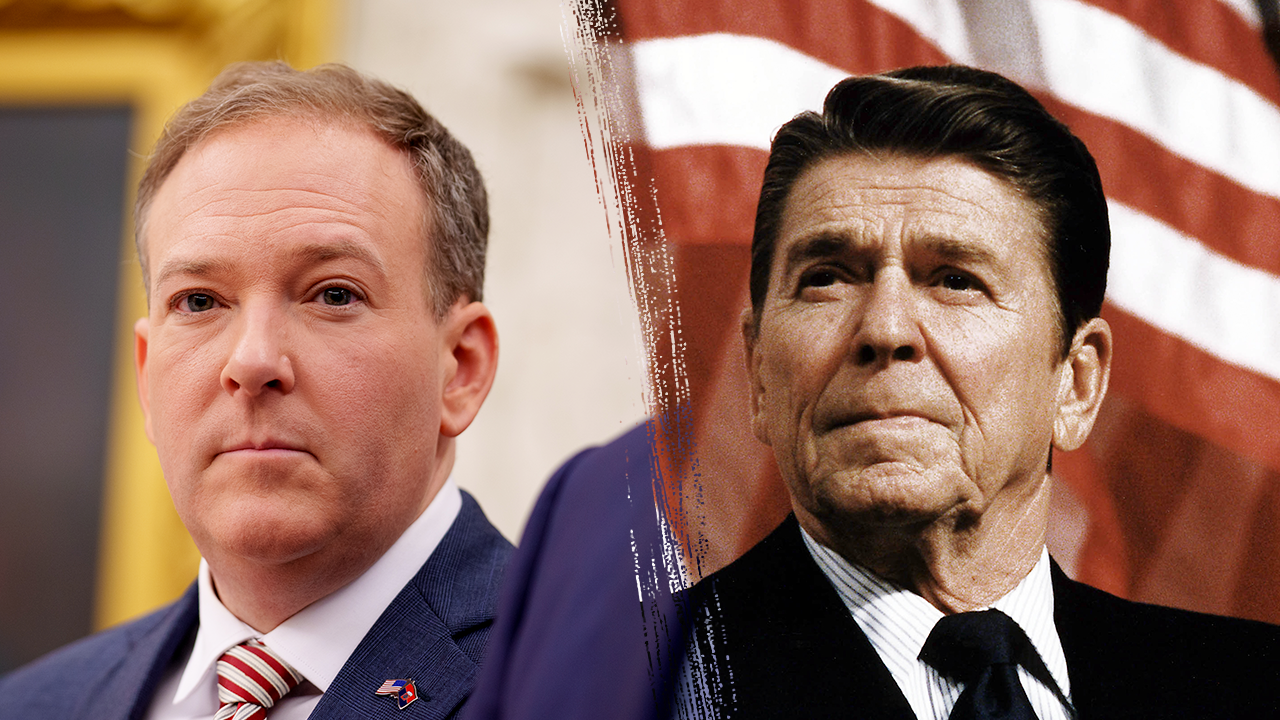
 Politics1 week ago
Politics1 week agoEPA chief Zeldin announces overhauls to bring agency back to Reagan-level staffing












